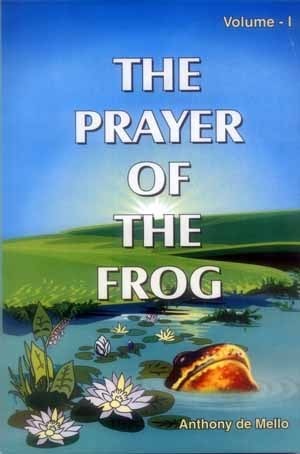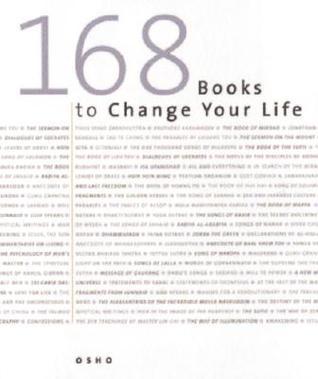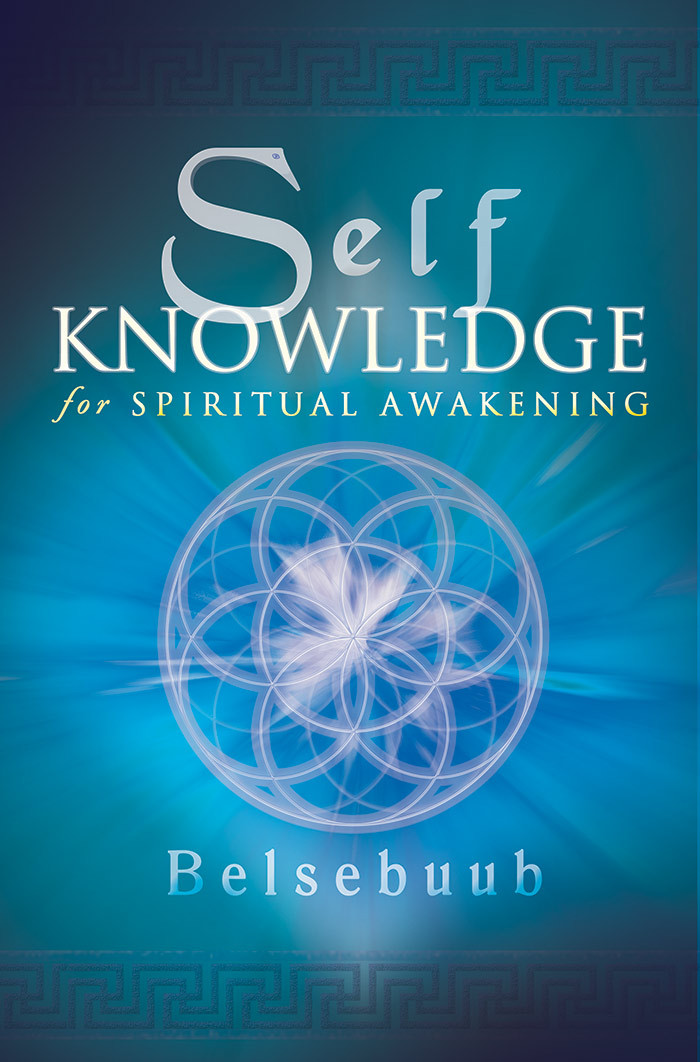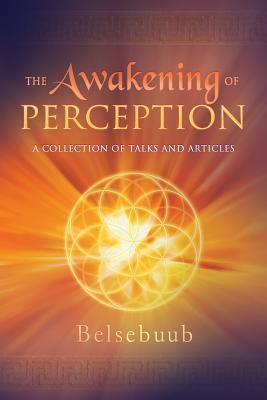
Awareness: The Perils and Opportunities of Reality
Book Description
Reality is a labyrinth, and within its twists and turns lies a profound truth waiting to be unveiled. Anthony de Mello invites readers on a transformative journey, illuminating the joys and pitfalls of awareness in a world filled with distractions. As layers of illusion peel away, confront the deep-seated beliefs that blur perception. Every moment becomes a choice—will you embrace the raw essence of existence or remain trapped in the shadows of your own making? Dive into this awakening experience where insight can either liberate or confound. What will you discover when you dare to truly see?
Quick Book Summary
"Awareness: The Perils and Opportunities of Reality" by Anthony de Mello is a transformative spiritual guide that encourages readers to wake up to the true nature of life. Through a blend of stories, humor, and insight, de Mello highlights how unconscious patterns, societal conditioning, and attachment to illusions prevent genuine happiness and self-realization. He challenges conventional thinking by urging individuals to question their beliefs and embrace the present moment. The book doesn't offer a formula for happiness but instead provokes reflection, helping readers rediscover themselves by letting go of judgments, fears, and expectations. Ultimately, "Awareness" is a call to awaken, inviting us to perceive reality clearly, accept ourselves fully, and find peace within the chaos of everyday existence.
Summary of Key Ideas
Table of Contents
Breaking Through Illusion and Conditioning
Anthony de Mello begins by illustrating how much of our suffering and dissatisfaction stem from the false stories and conditioning we've absorbed throughout life. We unconsciously live according to other people’s standards and beliefs, and this conditioning clouds our ability to perceive reality as it is. De Mello emphasizes that most people are "asleep," trapped by habitual patterns and unaware of their authentic experience. Recognizing these illusions is the first step toward awakening.
The Necessity of Self-Observation and Mindfulness
Central to de Mello’s approach is the practice of self-observation and mindfulness. He advises that we observe ourselves objectively, noticing thoughts, emotions, and behaviors without judgment. By cultivating this ongoing awareness, we create distance from our automatic reactions and habitual mindsets. This attentive observation uncovers the ways we cling to comfort, approval, and security. In pausing to simply notice, individuals begin to dismantle their unconscious programming.
Freedom from Attachment and Desire
De Mello argues that attachment—to people, things, or outcomes—is a primary source of unhappiness. He explains how desires and expectations bind us to disappointment and anxiety. Liberation comes through detachment: appreciating what we have without letting it define us or our well-being. Detachment is not indifference, but freedom from being controlled by wants and fears. In letting go, we create space for true joy and resilience.
The Liberation Found in Letting Go
Letting go extends beyond desires to the very notion of control and certainty. De Mello invites readers to accept uncertainty and impermanence as fundamental aspects of existence. By relinquishing the urge to manage everything, individuals gain peace and clarity. This attitude helps us move from a position of grasping and resistance to one of receptivity and openness, transforming our response to pain and pleasure alike.
Embracing the Reality of the Present Moment
Ultimately, de Mello champions a radical embrace of the present moment. Rather than waiting for external conditions to change, happiness is found by seeing reality plainly, without distortion. Awareness, he asserts, is both the means and the end of spiritual awakening. Through conscious living, one transcends suffering and experiences a profound sense of liberation and compassion. The book culminates by asserting that, in daring to truly see, we become free.
Download This Summary
Get a free PDF of this summary instantly — no email required.





